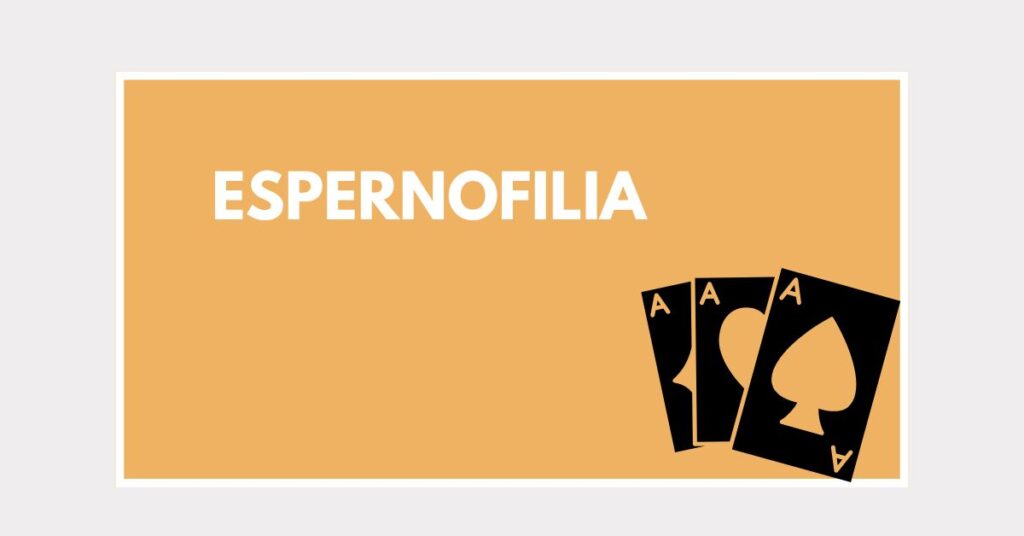
The term Espernofilia is a niche and lesser-known concept that often raises curiosity when it appears in online searches. While it may not be widely documented in mainstream literature, exploring its possible roots, interpretations, and modern usage helps uncover why such unique terms exist and gain attention.
What Is Espernofilia?
At its core, Espernofilia can be seen as a compound word, derived from the structure of many Latin- and Greek-based terms:
- “Esperno” may refer to hope, expectation, or spirit (from “esper-”).
- “Filia” is commonly used in Greek-derived terms to mean “love” or “affinity.”
Put together, Espernofilia can be interpreted as an affinity, love, or deep interest in hope or aspiration.
Possible Interpretations
Because the word isn’t widely standardized, different interpretations may exist depending on the context:
- Philosophical View – A fascination with hope, positivity, or resilience.
- Psychological Angle – A tendency to cling to optimism or belief in better outcomes.
- Cultural Perspective – Used as a symbolic term in literature, creative works, or communities.
Why Terms Like Espernofilia Matter
Even if not mainstream, words like Espernofilia highlight the richness of human expression. They allow people to capture subtle feelings, states of mind, or philosophies that may not have exact translations in everyday language.
Conclusion
While Espernofilia may not yet have a fixed place in dictionaries, it resonates as a word that suggests hope, love, and aspiration. Whether used in philosophy, psychology, or creative writing, it reflects humanity’s ongoing search for meaning and positivity.





More Stories
Ads.xemphimon@gmail.com: What You Need to Know
Ed Sheeran details the lovestruck jitters in sweet new single …